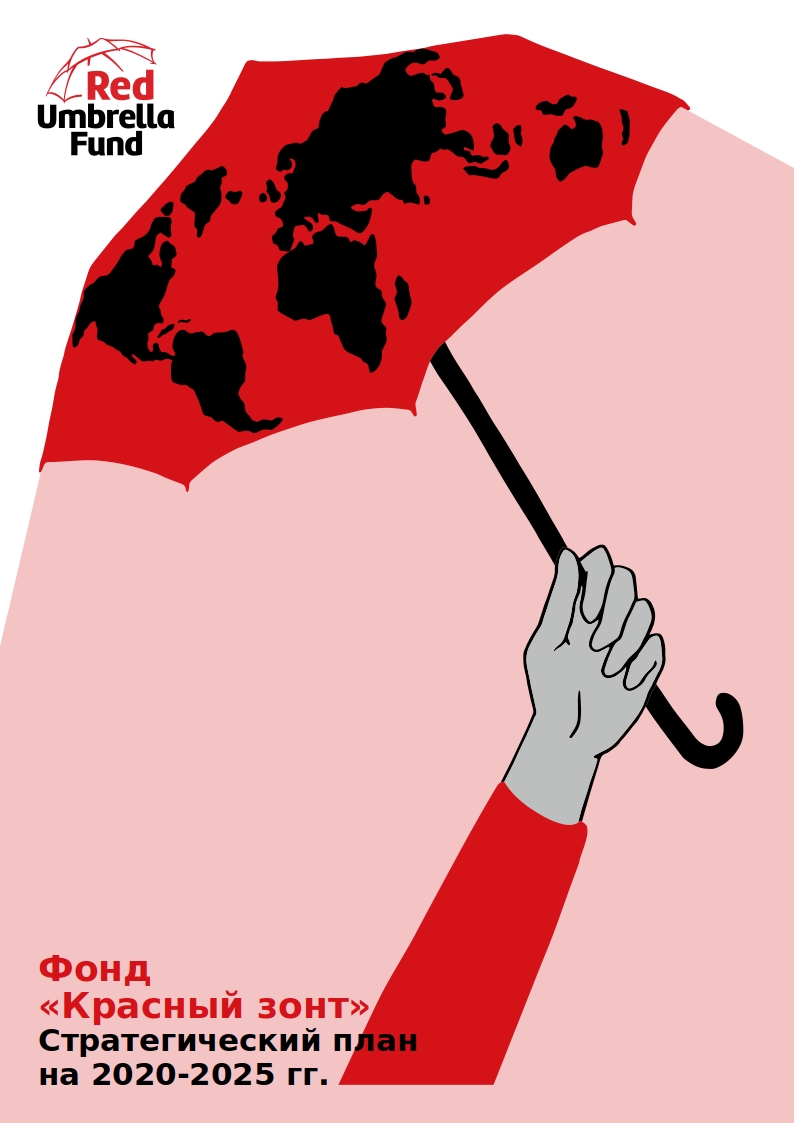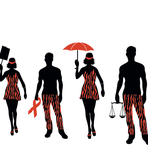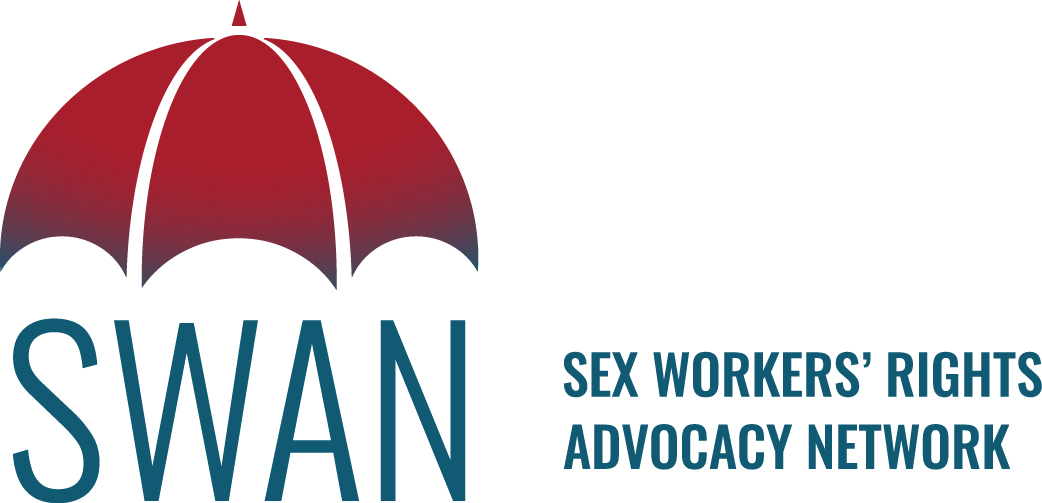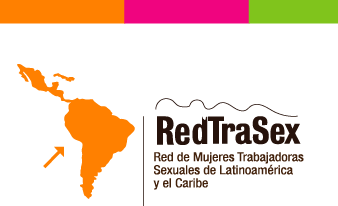
En preparación para nuestro segundo plan estratégico, hemos reflexionado sobre todo lo que hemos conseguido hasta ahora: ¿Qué hemos logrado, qué hemos aprendido y cómo podemos utilizar estas lecciones para hacer planes para el futuro? Para comprender el alcance de nuestro trabajo, recopilamos comentarios de lxs beneficiarixs, otrxs activistxs, financiadorxs, miembrxs del Comité Directivo Internacional (ISC) y del Comité Asesor de Programas (PAC), y el personal del Fondo.
Ver





